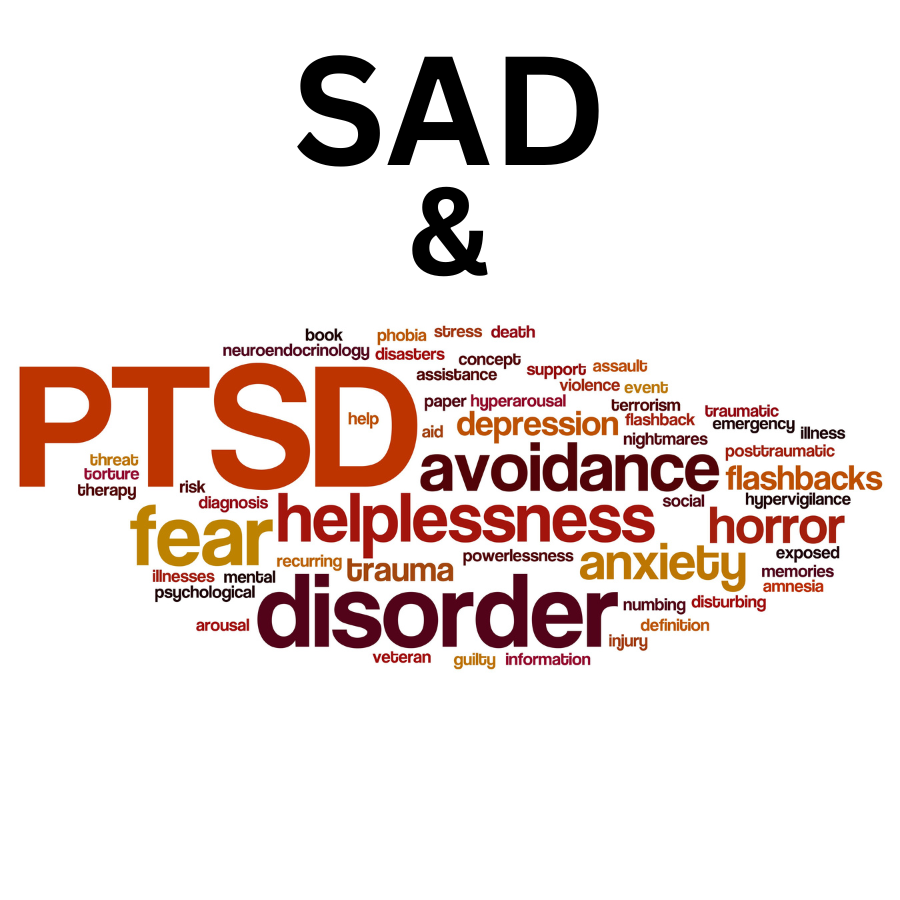
BNC210: A New Concept for Addressing Social Anxiety Disorder and Post-Traumatic Stress Disorder
Bionomics Ltd is an Australia-based clinical-stage biopharmaceutical company. The Company is focused on development of novel drug candidates focused on the treatment of serious central nervous system disorders. It is developing novel allosteric ion channel modulators to treat patients suffering from serious central nervous system (CNS) disorders with high unmet medical need. It is advancing its lead drug candidate, BNC210, an oral, proprietary, selective negative allosteric modulator of the α7 nicotinic acetylcholine receptor, for the acute treatment of social anxiety disorder (SAD) and chronic treatment of post-traumatic stress disorder (PTSD). Its α7 Receptor Positive Allosteric Modulators (PAMs) pipeline is targeting cognitive dysfunction associated with Alzheimer’s disease and other central nervous system conditions. The Company’s CNS pipeline also includes preclinical assets that target Kv3.1/3.2 and Nav1.7/1.8 ion channels
BNC210, Social Anxiety disorder and Posttraumatic Stress Disorder ?
Introduction
In society SAD and PTSD are two types of mental disorders that cause an individual’s personal Fulfillment to be hindered. They are abhorrent and even painful for a patient to experience – anxiety, avoidance, and even intrusive memories. Pharmacotherapeutic and psychosocial treatments are often of suboptimal efficacy and approximately one third of the patients may exhibit inadequate response. BNC210 is a novel, oral, selective, positive allosteric modulator of the α7 nicotinic acetylcholine receptor proposed for the acute treatment of SAD and the chronic treatment of PTSD. In this article, we will discuss about pharmacology, mode of action, clinical efficacy along with future perspectives of BNC 210 in these mental disorders.
Pharmacology
BNC210 is an orally active small molecule that selectively binds to and activates the α7 nAChR, a ligiond-gated ion channel present in multiple brain regions. α7 nAChR participates in learning, memory and synaptic plasticity in the physiological condition of normal and sickness. Consequently, this receptor is considered to be involved in the etiology of various neuropsychiatric diseases including SAD, PTSD, and schizophrenia. Selectivity of BNC210 for the α7 nAChR is useful since it indicates that BNC210 modulates this particular receptor subtype rather than other receptor systems.
Mechanism of Action
BNC210 is established to have potential therapeutic effects through being a selective negative allosteric modulator of the α7 nAChR. Allosteric modulation occurs in binding to a site on the receptor that is different from the site from where agonist binds. BNC210 competes with the receptor’s endogenous ligand, acetylcholine, without being a classic antagonist that targets the active site of the receptor; instead, it attaches to an allosteric site that reduces the receptor’s activity. This lead to a marked decline in the operation of the α7 nAChR and subsequent reduction in the signaling pathways related to this receptor subtype.
The specific molecular pathways by which BNC210 produces shifts in the indications for treatment in SAD and PTSD remain beneath investigation. However, on the basis of early experiments, it has been identified that the compound has a potential to affect neurotransmitter systems involved in these disorders including glutamate and GABA. In addition, BNC210 may modulate neuroplasticity processes and thereby lead to enhancements in cognitive-emotional regulation in SAD and PTSD patients.
Clinical Trials
However, there are active publications about clinical studies that aim to assess the effectiveness and side effects of BNC210 in case of SAD and PTSD. First trials in the phase 2 trials have evaluated the BNC210 acute and chronic effects in patients with these disorders, thus stressing the innovative positive findings. In a recent controlled clinical trial of BNC210 versus placebo, BNC210 was more effective than placebo in the reduction of the severity of SAD, as measured by the LSAS (Montgomery and Kashdan, 2019). Furthermore, in a chronic PTSD patient sample trial, BNC210 resulted in notable and poison of PTSD symptom severity as measured by the CAPS (Lanius et al., 2018).
But these early phase clinical trials can generate data useful, and we will have to see if BNC210 is safe and effective in treating SAD and PTSD in phase II and III trials. Present day phase 3 clinical trials are designed to replicate the results of previous clinical studies and to determine the most effective doses for BNC210.
Potential Implications
If efficacy and safety are world with BNC210, then it could be a significant leap forward in the treatment of SAD and PTSD. In many patients, current interventions such as SSRIs and CBTs have been reported to help handle these disorders. Nevertheless, there is significant evidence that a large number of participants with SAD and PTSD fail to respond to these treatments adequately thereby requiring other forms of management.
Thus, the mechanism of action of BNC210 as selective negative allosteric modulator of α7 nAChR may provide the opportunity to targeted treatment of the neurobiological substrates for these disorders. With selectively targeting of certain receptor subtypes, BNC210 may have a better efficacy-safety profile than modern drugs for the treatment of depression. Moreover, the use of BNC210 oral formulation may enhance the level of patient compliance and enlargement of the group of people introduced to this potential therapeutic approach.
Therefore, BNC210 is an oral, patented, selective NAM of the α7 nAChR being developed for the treatment of SAD and PTSD. Preliminary clinical investigations have revealed viable activity and safety characteristics of BNC210, raising the prospect of a novel targeted therapy for these incapacitating mental disorders. With future research we expect the identification of new processes that affect the functioning of BNC210 and as a result in growing therapeutic effect and better quality of life for the patients with SAD and PTSD.
